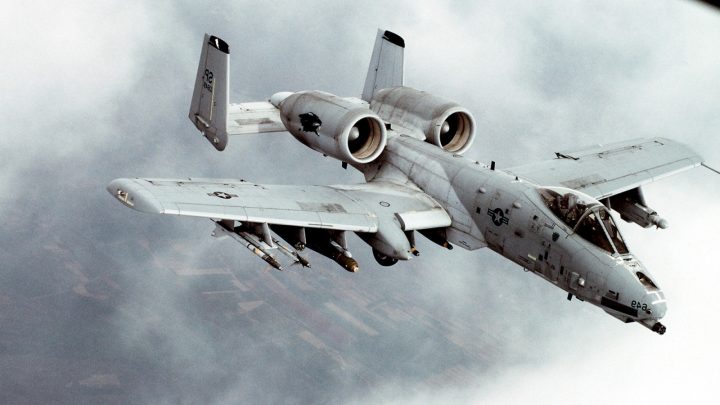In March, in the mist of COVID-19 global pandemic, the UN Secretary-General Antonio Guterres called countries to reach a global agreement for a ceasefire. More than 53 countries including Canada adopted the UN Secretary-General’s statement.
According to UN Secretary General as of today more than 124 countries agreed for a global ceasefire.
The government said Thursday it would begin reviewing export permit applications on a case-by-case basis, ending a ban on new permits for shipments of controlled goods to Saudi Arabia imposed in the fall of 2018. Controlled goods include military equipment such as light-armoured vehicles (LAVs) made by General Dynamics Land Systems in London, Ont., under a long-term contract brokered by the Canadian government. (Global and Mail)
New permits have been banned since November 2018. Mr. Trudeau even publicly talked about trying to find a way to end shipments of armoured vehicles to Saudi Arabia.
But on Thursday, Foreign Affairs Minister François-Philippe Champagne and Finance Minister Bill Morneau announced the suspension of approval of new permits for Saudi Arabia is now lifted.
They cited a government review made public last September to tell Ottawa it had found no credible evidence linking Canadian exports of military equipment or other controlled goods to Saudi Arabian human-rights violations. The same report also advised the government that 48 export permits were ready to be signed should the government lift its moratorium. (Global and Mail)
According to an article published in the “Journal de Montréal’ on January 19 2019, it is not just armoured tanks that Canada exports to Saudi Arabia. Quebec’s aeronautics industry has its long-guarded secret: the industry has sold more than $920 million in military equipment and services to the kingdom and its allies since the start of the bloody war in Yemen, according to Hugo Jancas and the newpaper’s Bureau of Investigation.
Included in this equipment are Longueuil aircraft engines and Montreal cockpit instruments for killer aircraft, militarized Mirabel helicopters, Bombardier jets transformed into spy planes, training for drone pilots. (Journal de Montréal)
These contracts with countries at war in Yemen, however, outrage human rights activists as their bombing has killed more than 4,500 civilians since 2015, according to the United Nations. (Journal de Montréal)
In 2018, the United Nations warned that 13 million Yemeni civilians face starvation in what it says could become “the worst famine in the world in 100 years. (Wikipédia)
Most activists comment today saying that by lifting the moratorium for military exports to Saudi Arabia did Canada broke the commitment of the UN Secretary-General’s ceasefire. of UN secretary-general.
A two-week ceasefire is no resolution to solve the conflict. In fact, the irony in all this is that by lifting the memorial, Canada will gives the Saudis time to equip themselves with better war technology made in Canada.










